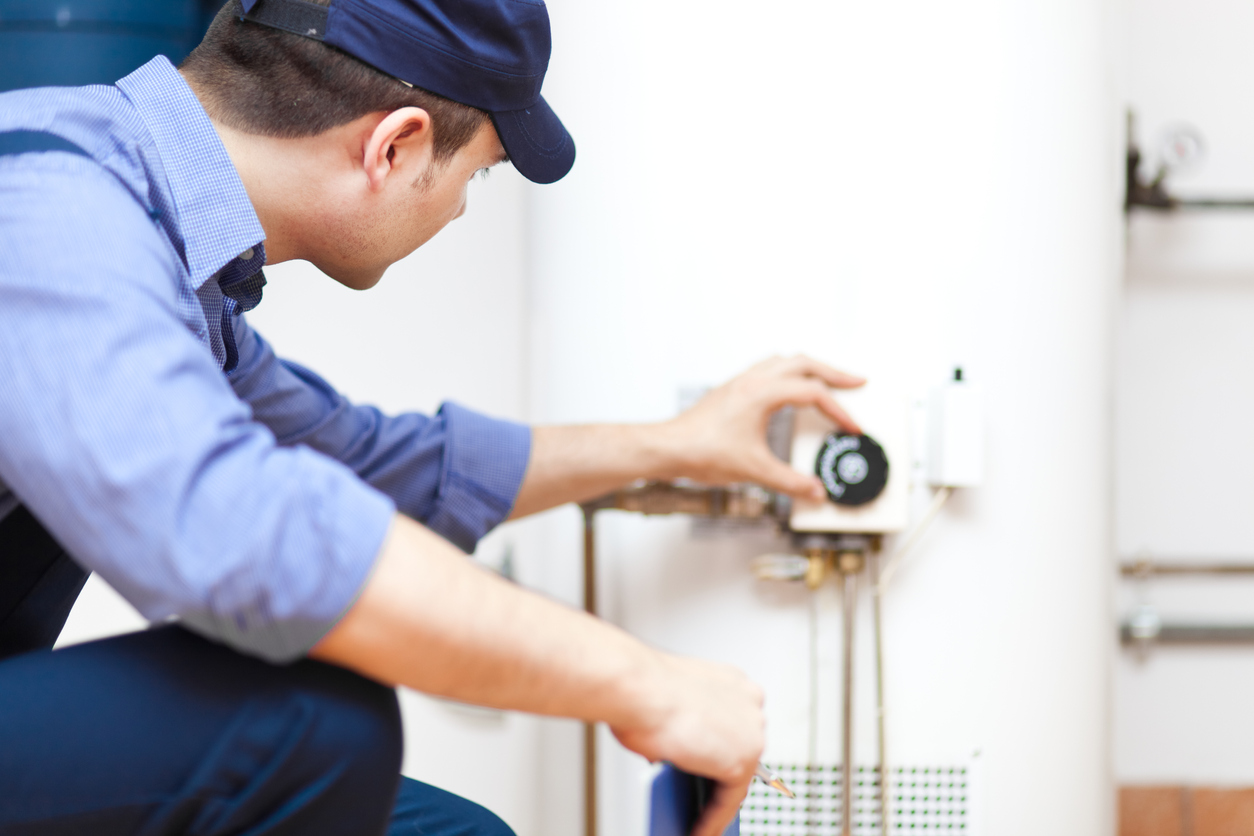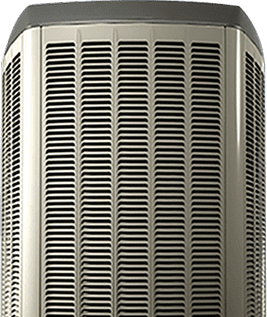What Does a Boiler Do?

What Does a Boiler Do?
We’ve all heard of boilers. What exactly do they do? Whether you’re a new homeowner or simply curious about your heating system, join us in explaining how boilers function, why they’re essential, and the role they play in creating a cozy living space.
Get 24/7/365 on Boiler Services
From Kingston, Ontario, to Brockville, Arden, Odessa, Bath, Westport, Wolfe Island, and everywhere in between, Haven Home Heating is your go-to choice for all things boiler-related. With years of professional experience and a team of leading technicians, homeowners can count on us for all repairs, maintenance, and installation services!
Haven Home Heating is available 24/7/365 days a year, including after-hours, weekends, and holidays, at no extra cost for all repair and maintenance services! Furthermore, if you’re in the market for a new boiler, don’t hesitate to reach out and book a consultation appointment with one of our home comfort advisors! If costs are a concern, know that we offer several discounts and flexible financing options to help offset costs! All consultations include a complimentary new system purchase quote as well!
Book your appointment with Haven Home Heating over the phone, or use our online booking form!
What is the purpose of a boiler?
A boiler is an essential component for efficient home heating in residential settings. Its primary function is to heat water and circulate it using a system of radiant floor systems, baseboards, and radiators to produce and transfer heat. Throughout the winter months, the boiler maintains a comfortable indoor temperature by releasing heat into each room based on your heating preferences.
The adaptability of boilers enables them to accommodate your heating preferences even in the coldest climates. In fact, modern boilers focus a lot on energy efficiency, which makes them an economical choice for homeowners looking to reduce their monthly costs.
Should I use a boiler instead of a furnace?
Your heating requirements, the layout of your house, and your personal tastes are some of the factors that will determine whether a boiler or furnace is best for you. Here are some things to think about:
· Heating technique: Hot water or steam is distributed by boilers, usually through floor systems, baseboards, and radiators. On the other hand, forced-air systems in furnaces are used to transport warm air through vents and ducts.
· Energy efficiency: High energy efficiency ratings are avaialble with both boilers and furnaces. However, it varies based on the model and fuel type.
· Space and installation requirements: The installation costs of boilers may be impacted by the need for additional components, such as pipelines for water circulation. In general, furnaces require less room and are easier to install, especially if your home is already equipped with air ducts.
· Energy source: Think about the cost of fuel and its availability in your area.
· Cost factors: There may be differences in the upfront and ongoing operating expenses. Compare the fuel-related upfront costs, installation costs, and continuing costs.
The choice between a furnace and a boiler ultimately comes down to your goals and unique needs. Speaking with an HVAC professional can be helpful as they will be able to evaluate your needs, budget, home, and preferences and offer customized suggestions.
What is the difference between a boiler and a hot water heater?
The main distinction between a boiler and a hot water heater is what they are used for and how they operate. Let’s take a closer look at each in more detail below:
Boiler:
· A boiler is designed to heat water to create steam that is then pushed throughout homes to heat the interior.
· Boilers use various fuels, such as gas, oil, or electricity.
· Boilers are vital to central heating systems, distributing heat evenly throughout a space despite freezing temperatures outdoors.
· They have a lifespan of approximately 15 to 30 years when taken care of correctly.
Hot water heater:
· A hot water heater is specifically designed to heat water for use in homes, such as bathing, washing dishes, or laundry.
· Water heaters heat water that is kept in a tank using gas, electricity, or other energy sources. When needed, this hot water is then extracted from the tank.
· Water heaters serve to supply hot water for everyday usage and are not meant to transmit heat throughout a home as boilers do.
Does a boiler provide heat and hot water?
It is true that a boiler can offer hot water for household use as well as heat. That said, only specific designs are able to do this. Boilers that can accomplish both of these tasks primarily fall into two categories:
Combi (combination) boilers:
· Combi boilers eliminate the need for a separate hot water tank by combining the functions of central heating and on-demand hot water.
· In order to provide hot water for faucets, showers, and appliances, these boilers heat water as it passes through the unit straight from the main water line.
Traditional boilers with hot water tanks:
· Water heated by conventional boilers is kept warm in a distinct hot water tank. After that, while the boiler heats the central heating system, the hot water in the tank is usable for home purposes.
· Although this kind of system offers a steady supply of hot water, it might need greater power and space to install.
Are you considering a boiler for your home? If so, don’t hesitate to reach out to the team at Haven Home Heating to schedule a consultation appointment with one of our home comfort advisors. During this appointment, they’ll walk you through the available options, taking into account your needs, unique home features, and budget. If costs are a concern, you’ll be happy to know that Haven Home Heating offers a selection of discounts and financing options that can help you save big on your new equipment!
When you book a consultation with Haven Home Heating, you’ll also get a complimentary new system purchase quote. Reach out to us directly or use our online booking form.
